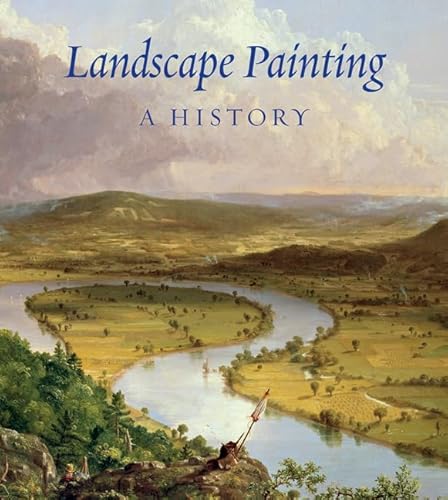Since Antiquity, painters have sought to portray the glories of nature, and many of their pictures have become the best-known masterpieces in the history of art. In this sweeping treasury of Western art, distinguished art historian Nils Büttner has chosen paintings that not only portray natural vistas but also dramatic scenes with people and architecture. His broad selection of paintings in this genre consists mainly of well-known works, but some seldom-reproduced pictures are also included. The paintings are presented chronologically, beginning with the heritage from the ancient world and the precursors of landscape artists in the Middle Ages and Renaissance, such as Leonardo da Vinci, Giovanni Bellini, and Raphael. The sixteenth century heralded a new perception of the world, reflected in the works of such masters as Albrecht Dürer and Bruegel, as shown. Next, artists of the flowering age of landscapes in the seventeenth and eighteenth centuries are featured, including Claude Lorrain, Nicolas Poussin, Rubens, Rembrandt, Fragaonard, David, and Gainsborough. In the early nineteenth century, which was dominated by the spirit of Romanticism, artists began to display a new manner of treating nature. These revolutionary conceptions of nature are vividly presented with examples from Constable, Turner, Whistler, Frederic Church, Bierstadt, Thomas Eakins, and Winslow Homer. These artists are followed by plein-air painters, Impressionists, and Post-Impressionists, among them Manet, Monet, Sisley, Renoir, Cézanne, Seurat, van Gogh, and Rousseau. Artists represented from the twentieth century include Matisse, Picasso, Klee, Magritte, Georgia O’Keeffe, Andrew Wyeth, and David Hockney. Many of the extraordinary works are reproduced in full along with a detail and an informative caption.
In the authoritative text, the author traces the history of landscape painting up to the present day but also focuses on individual paintings and the circumstances under which they were created. Along with a description of a painting, the lucid text examines the work’s cultural, historical, and aesthetic context.
The art of landscape artists, which has long been an under-published area of art history, is finally and stunningly revealed in this richly illustrated tribute to their work. This fresh vision of landscape artists is certain to be welcomed by art historians and museum-goers, as well anyone else interested in Western art.
























